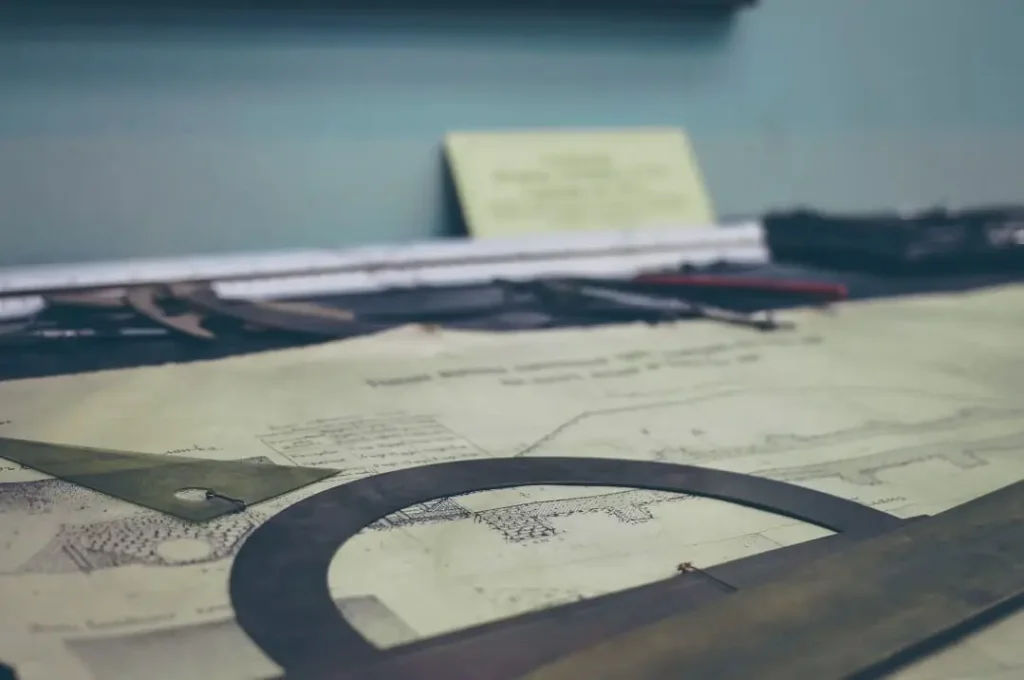Lost, Then Found: A Review of “Where’d You Go, Bernadette”

Lost, Then Found
Cate Blanchett slips into Bernadette Fox like the role was made for her—a brilliant architect who’s now hiding out from the world, all her shine kind of dulled. You can see it in her eyes—she used to burn bright, but now? Something’s missing. These days, she’s holed up in her house in Seattle, battling anxiety, avoiding people, and picking fights with her neighbors. Something’s missing, and it shows. She’s brilliant, but it’s like she’s misplaced the part of herself that made her feel alive.
Based on Maria Semple’s bestselling novel, Where’d You Go, Bernadette dives headfirst into Bernadette’s chaotic world. Finally, without much warning, Bernadette vanishes. That sets off a wild, often funny, sometimes gut-punch of a journey that takes Bee and Elgie all the way to—yep—Antarctica. Not exactly your average family trip.
But let’s be real, this isn’t just about chasing someone across continents. It’s about rediscovery—of Bernadette, yes, but also of the life she left behind and the fire she used to carry.
The Inner Storm
Bernadette isn’t easy to pin down. She’s quirky to the core—think digital assistants doing her dirty work and a general allergy to social interaction. But under all that? A deep ache. She’s just starving for something meaningful to create. When she takes off for Antarctica, it isn’t a breakdown—it’s a breakthrough. In that icy wilderness, she finds stillness, inspiration, and the will to start again.
Finding Harmony
Where’d You Go, Bernadette doesn’t shove a moral down your throat. Instead, it nudges you to think about the balancing act we’re all trying to pull off—between the stuff we have to do and the things that light us up inside. Bernadette’s story is about finding that middle ground, where you’re not losing yourself just to keep up with the daily grind.
It’s not saying, “Hey, abandon your family and go chase glaciers.” It’s more like, “Hey, don’t forget who you are while you’re being everything for everyone else.”
By the time she returns, Bernadette isn’t just a better architect—she’s a better version of herself. A better mom, even. Because she’s whole again. That’s what passion does. It fills in the cracks.
A Quirky Heart with Something to Say
Richard Linklater’s direction adds warmth and an easy rhythm to the story. It’s not perfect—some scenes wobble a little—but the emotional hits land, and the humor sneaks up on you in the best way. Where’d You Go, Bernadette captures that tricky blend of funny and heartfelt, with characters who feel real in all their flaws and weirdness.
If you’ve ever felt like you were drifting… if you’ve ever wondered what happened to the part of you that used to dream big—this one’s for you. Maybe, in a weird, icy, beautiful way, it reminds us all to go find ourselves, too.
A Personal Reflection
If you’re expecting a tightly wound mystery or a laugh-out-loud comedy, this might throw you. The tone is a bit uneven—like, we’re oscillating between satire and heartfelt family drama and midlife crisis fever dream. But somehow… I didn’t mind? It felt human. Messy. Maybe it makes no narrative sense that she ends up halfway across the world sketching out ice stations, but when you’re completely burnt out and lost in your own life, sometimes irrational things make the most sense.
And Cate. She plays Bernadette with this manic grace that feels chaotic and deliberate all at once. You never fully know if she’s just deeply misunderstood or on the brink of a complete breakdown. Maybe both? Probably both.
I liked this movie. Didn’t love it, but liked it in the way you like a friend who rambles off-topic but says something profound every now and then that kind of guts you. If you’re into character-driven, slightly off-kilter stories about messy women trying to claw their way back to themselves, give it a watch.
Quirky, Messy, Honest: If You Loved Bernadette, Try These
All of these movies do that thing where they mix real emotions with oddball charm. They’re about people on the edge—of change, of meltdown, of breakthrough—and what happens when they finally take a leap. If Where’d You Go, Bernadette gave you that feeling of quiet inspiration wrapped in quirkiness, these three will probably hit the same spot.
1. A Man Called Ove (2015)
This one’s a hidden gem if you haven’t stumbled across it yet. It’s Swedish and tells the story of Ove—a grumpy old man who’s basically given up on life. He’s bitter, lonely, stuck in his routines… until a loud, messy new family moves in next door and, well, sort of crashes into his world.
At first, it feels like a movie about a curmudgeon yelling at the clouds. But then it shifts. Slowly. Quietly. You start to realize he’s just a guy who’s been carrying a lot of grief.
2. Julie & Julia (2009)
This one’s a warm blanket of a movie, but with a little bite of spice. It’s not loud or flashy, but it’s got that same spirit as Bernadette—a woman trying to reconnect with her purpose, one (butter-filled) recipe at a time. There’s joy, frustration, tiny victories. Real-life messiness. And watching both characters discover themselves through what they love? It’s just… satisfying.
Bonus: you’ll want to cook everything after watching.
3. Lady Bird (2017)
If Bernadette is about a mom figuring herself out, Lady Bird flips the lens to the daughter.
What makes this movie sing is how honest it is—especially about that complicated mother-daughter dynamic. There’s love, there’s yelling, there’s that weird space between wanting to be close and needing to get far away. You see Lady Bird trying to find her place in the world, while her mom is quietly unraveling in the background.
It’s honest and messy in the best way—and weirdly funny, even when it stings a little.